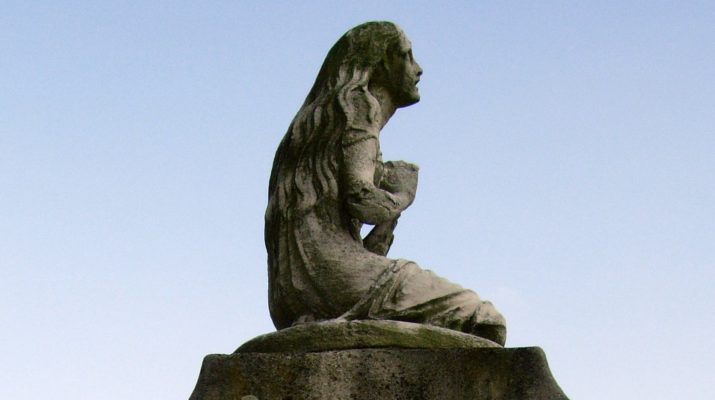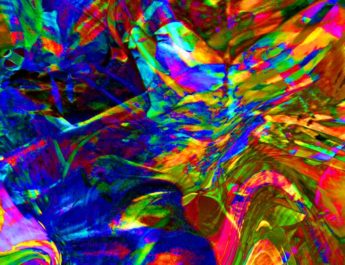Proverbs 25:6-7
Ordinary C40
6 Do not put yourself forwardA in the king’sB presenceC
A “put…forward” = hadar. 7x in OT. This may mean to swell in a literal or figurative sense. So, it could be honor, pride, respected, to adorn, claim honor. It could also refer to crooked or rough terrain. Additionally, it can refer to showing partiality or deference.
B “king’s” = melek. From malak (to be or become king or queen, to rise to the throne, to be crowned; by implication, to take counsel). This is king or royal.
C “presence” = paneh. From panah (to turn, face, appear). This is face in a literal or figurative sense. It could be face, presence, anger, respect. It can also be used of God to indicate divine favor or presence.
or standD in the placeE of the great,F
D “stand” = amad. This is to stand up in a literal or figurative sense. So it can be establish, continue, endure, take a stand, act, be a servant, stand still, remain, stand against an enemy.
E “place” = maqom. From qum(to arise, stand, accomplish, establish, abide; rising against, getting up after being sick or asleep, arising from one state to another, becoming powerful, or rising for action; standing in a figurative sense). This is a standing, which is to say a spot or space a place. It can also refer to a locality or a physical/mental condition. HaMaqom is also a Jewish name for God – the place, i.e. the Omnipresent One.
F “great” = gadol. From gadal (to grow up, become great, become wealthy – to advance. The root meaning may be to twist in the sense of the process of growing). This is great, high, bigger, noble, old, marvelous. It can also refer to someone who is powerful or distinguished.
7 for it is betterG to be told, “Come upH here,”I
G “better” = tob. From tob (to be pleasing, to be good). This is good, beautiful, pleasant, agreeable, bountiful, at ease. This word is used for goodness as a concept, a good thing, a good person. This can refer to prosperity and welfare as well as joy, kindness, sweetness, and graciousness. So, this is ethically good, but also enjoyably good.
H “come up” = alah. This is to go up, approach, ascend, be high, be a priority; to arise in a literal or figurative sense.
I “here” = hennah. Perhaps from hen (lo! Behold! If, though; an expression of surprise). This is here in a location or here in a time, i.e. now.
than to be put lowerJ in the presence of a noble.K
What your eyesL have seenM
J “put lower” = shaphel. This is to be low, sink, be cast down, put down, humble, or humiliate.
K “noble” = nadib. From nadab (to offer willingly, volunteer, freely give, be willing). Properly, this is voluntary and so it implies generous, noble, magnanimous, or a generous person.
L “eyes” = ayin. This is eye in a literal or figurative sense so eye, appearance, favor, or a fountain (the eye of the landscape).
M “seen” = raah. This is to see in a literal or figurative sense so stare, advise, think, view.
Image credit: “Kneeling Lady” by Michael Summers, 2006.




